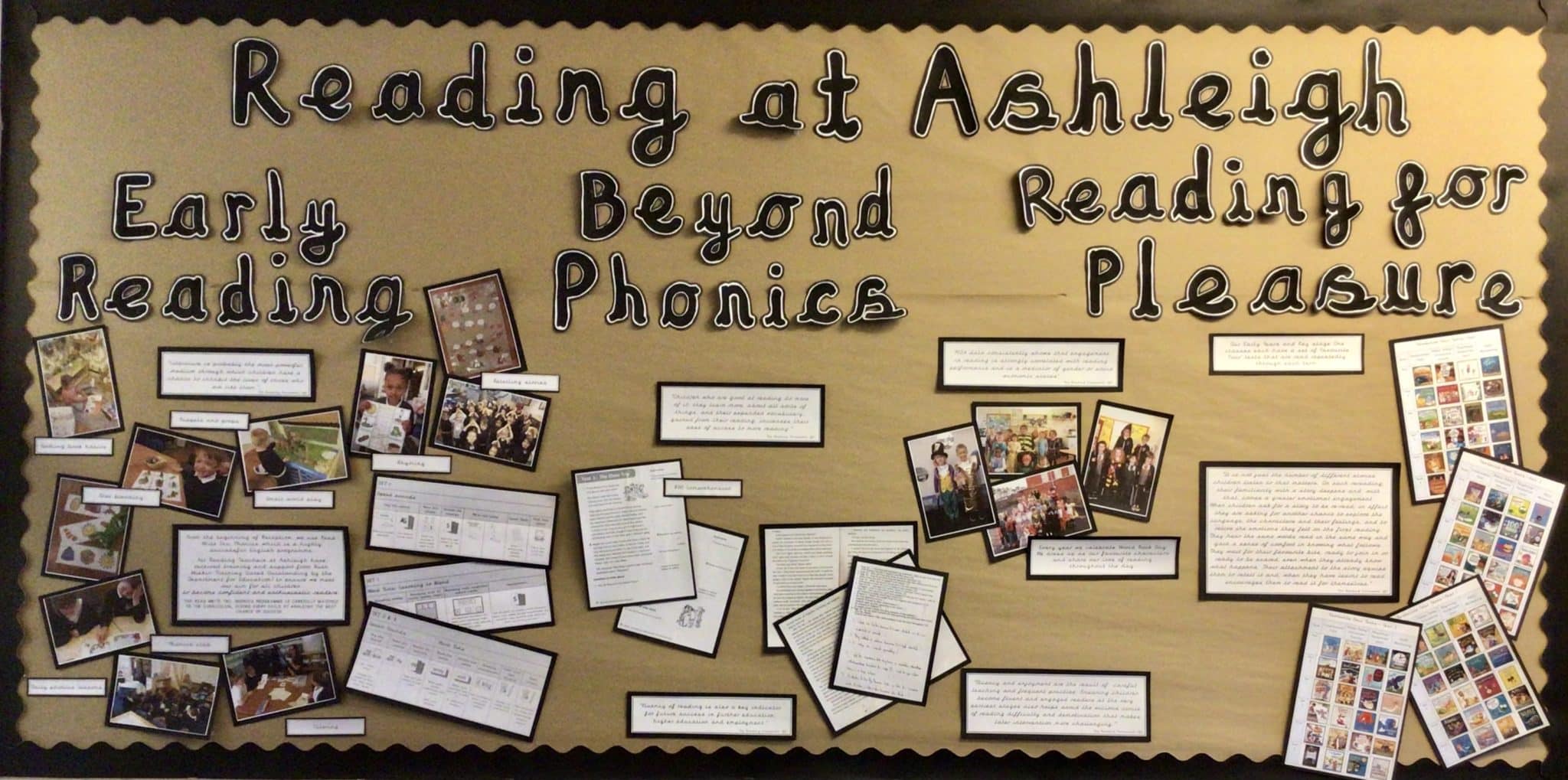In September 2022, the school received a ‘Good’ Ofsted inspection report with specific accommodations for the school’s reading engagement initiative, including the following:
“Leaders have put reading at the centre of the school curriculum. As children arrive at Nursery, they are immersed in stories and traditional tales. This develops their language skills from the start and prepares them for the next steps in learning to read. From Nursery to key stage 2, teachers are consistent in their approach to the teaching of phonics. Pupils learn their letters and sounds quickly. Their reading books are well matched to the sounds they are learning. Teachers check pupils’ understanding carefully to identify those who need extra support. As pupils become fluent, the focus on reading continues through to Year 6.”
– Ofsted
Following this terrific feedback, we spoke to headteacher Antonia about the role that Accelerated Reader and Star Reading have played in ensuring the school has sustained a whole-school reading culture worthy of Ofsted accolades.
Antonia writes:

The Value of Accelerated Reader
“AR has been incredibly supportive in providing us with that crucial assessment data.”
We really value Accelerated Reader (AR); reading has been our absolute priority here, as it should be in every school. We have children that come into our school, a lot of them with quite a low-level language acquisition, and we primarily use AR to support children who graduate from our phonics scheme.
AR provides tangible next steps for our children through precise data, which has had a considerable impact. For example, in addition to the successful Oftsed inspection report, our reading data illustrates the percentage of children meeting the expected standard for reading has almost doubled since 2019.
AR has been incredibly supportive in providing us with that crucial assessment data. Schemes that are now in place should be across all schools in the country to offer clear assessment windows to move children on very quickly, and that’s what Star Reading assessments have done for us.
Progress Visibility and Tracking
“Having visibility of this progress data also ensures that children are reading more.”
Each term, Star Reading assessments give us a very, very clear assessment overview. Additionally, for our teachers, it supports their understanding of data analysis.
Accelerated Reader allows us to send weekly emails to all staff looking at how their children are doing. These emails are an overview of pupils’ progress percentages in different reading domains, subsequently enabling us to narrow it down to look at the learning patterns or gaps across the school.
So, for example, this term, we’re seeing a plateau of those children who should be achieving greater depth. So consequently, we then go back to our teaching of reading and improve opportunities for those children.
Having visibility of this progress data also ensures that children are reading more. If you use the programme properly because it supports book selection and tech selection, it allows us to look at the text we choose for children, and we choose every text individually.
A Solid Whole-School Reading Culture
“Eventually, we want all teachers across the trust to have those analytical insights and all pupils to have those reading opportunities.”
Many of our books are tattered now because children are reading so much! So having AR is fantastic because it tells us which books are being read the most so we can replace them and keep our library adequately stocked.
Accelerated Reader creates further opportunities for children and staff to understand and dig deeper into reading engagement and progress data, which has had a significant impact. So, I’ve been talking across our trust about AR and asking schools what they have in place to accurately monitor and track reading engagement and progress because, without AR, it’s no simple feat.
Now, we monitor what whole classes have been reading every 3 to 6 weeks. Once children have graduated from the phonics scheme, there is robust data, and it is challenging to have data as robust as what we get from AR. It would be a lot of work if a teacher had to manually collate all of the information that Star Reading assessments provide.
Eventually, we want all teachers across the trust to have those analytical insights and all pupils to have those reading opportunities.
At Ashleigh C of E Primary School, there is an expectation that children read every day. So we have different opportunities throughout the day to be reading to children. These opportunities include reading and English lessons, so they should have access to about 4 or 5 texts a day.
A Daily Routine of Reading
“Star Assessment reports give us identifiable objectives that pupils should be working towards.”
We have a set session of half an hour each day for pupils to read their ‘AR book’, as we call it. Subsequently, all pupils can carry out AR book quizzes on that set text, followed by all pupils carrying out their Star Reading assessments once every half-term.
It’s the diagnostics reporting tools that are really supportive, and it’s the information from these crucial reports that we analyse as a team. Then, following this analysis of individual and group progress, we send out an email to all class teachers, and they get pretty competitive when they find out which class has read the most!
As Star Assessment reports give us identifiable objectives that pupils should be working towards, including tangible skills in reading domains, a lot of intervention work will go into the lessons themselves rather than having separate intervention time. So if we see, for example, in one class, there’s a specific area of concern to us, we can put structured reading lessons in the morning for whole-class reading.
We will use the time during morning lessons to have a one-to-one session with pupils who need additional support; we will support their specific areas requiring support based on the most recent batch of Star Reading assessments.
Now, when we see patterns in regression, we can put intervention in for specific children if we know that they are outliers of that data. Then that will go into a different intervention time and target children at the point of that reading lesson, and we have seen that’s been quite effective.
Reading is the first area you see when you come into our school, and part of that celebration is using Accelerated Reader to celebrate children who really enjoy it. Our pupils get excited when they’re achieving a 100%. And we can offer targeted support for any child reaching less than 80% to allow them to celebrate reading success.
Click here to find out how your school can utilise Accelerated Reader and Star Reading to support your school’s reading development strategy.
